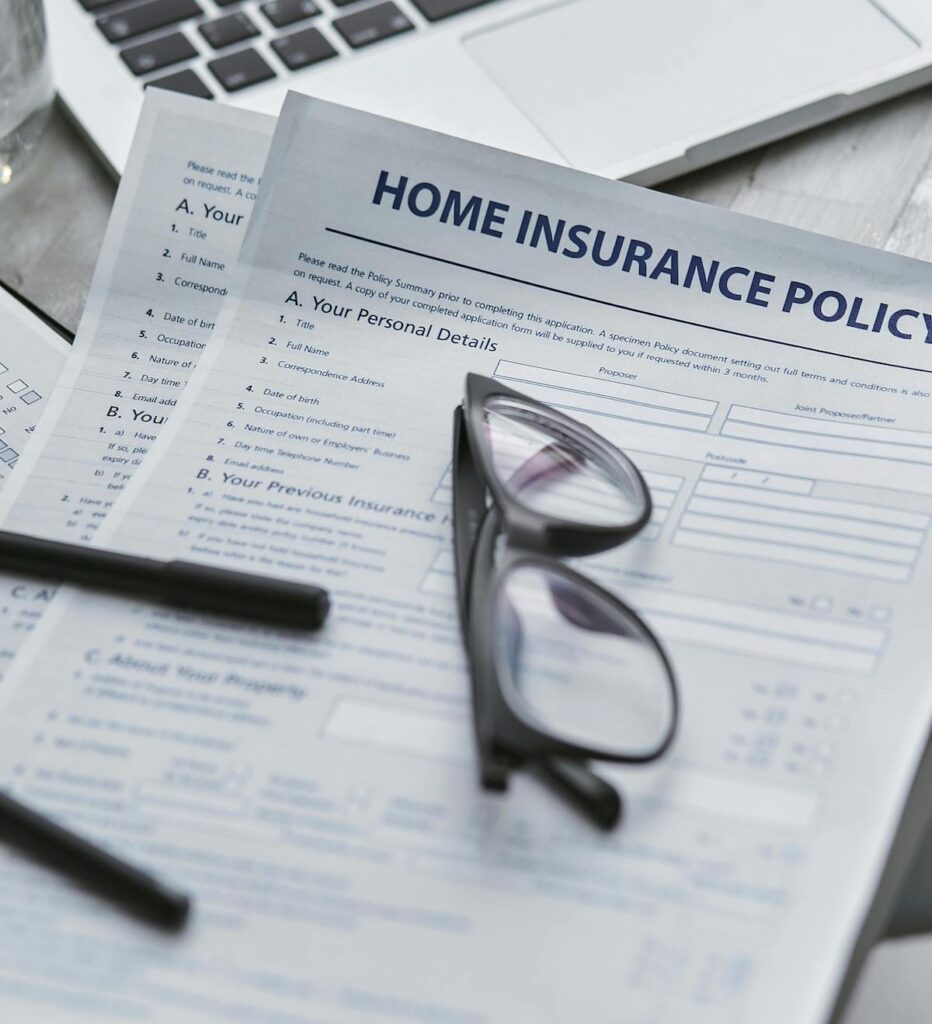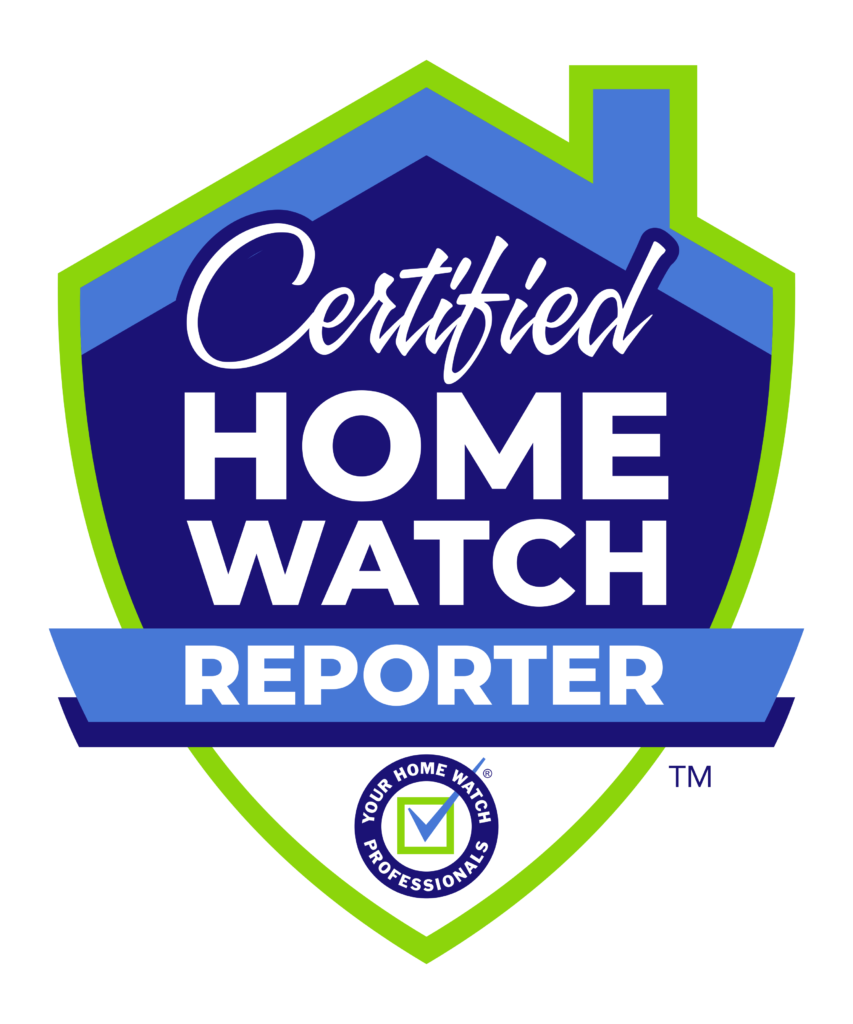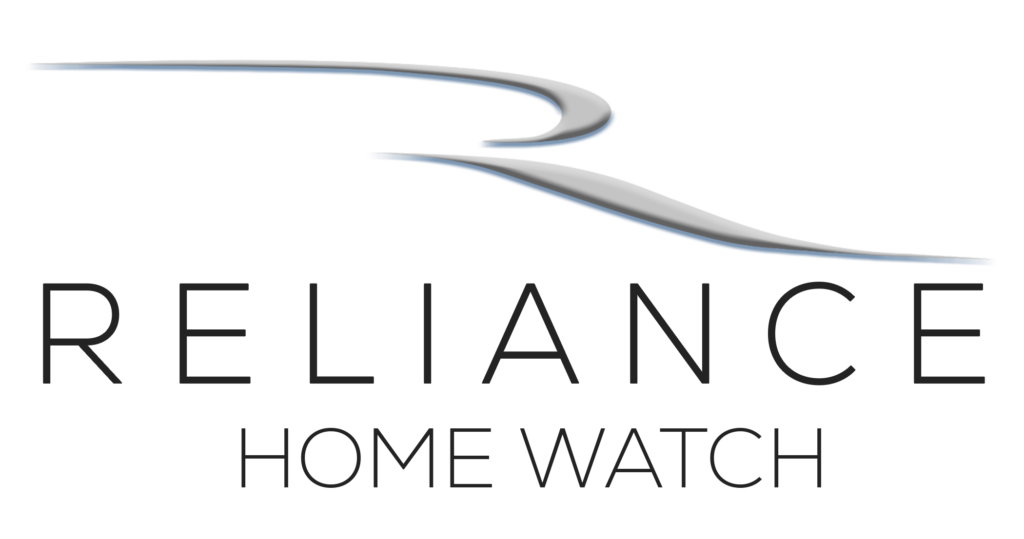
INSURANCE COMPLICATIONS
Insurance Complications
Vacant vs. Unoccupied Home
A vacant home is one that is completely empty, without any personal belongings, furniture, or inhabitants. An unoccupied home, on the other hand, is one that is still furnished and contains the owner’s personal belongings but is temporarily not in use. This situation might occur when homeowners are on an extended vacation, traveling for work, or residing in a second home.
Understanding the difference is crucial because insurance policies often distinguish between the two when determining coverage eligibility. Vacant homes are typically considered higher risk due to the absence of occupants, which can delay the discovery of issues such as leaks, break-ins, or fire damage.
Coverage Issues
Many insurance policies may have clauses that reduce or eliminate coverage if a home is left unoccupied for as little as 14 days. Common exclusions include damage caused by:
- Vandalism: Vacant and unmonitored homes are more susceptible to break-ins and property damage.
- Water Damage: Undetected leaks or pipe bursts can result in costly repairs.
- Theft: Personal property left unattended can become an easy target.
- Liability Issues: Injuries or accidents on the property may not be covered during periods of un-occupancy.
We recommend our clients review their homeowner’s policy carefully to determine the specific coverage requirements for unoccupied or vacant properties. Some insurers may require additional endorsements or riders to maintain coverage during extended absences.
Increased Premiums
Leaving a home unoccupied might result in higher insurance premiums due to the increased risks. Insurers typically view unoccupied or vacant homes as more vulnerable to damage and liability issues because there is no one to monitor the property regularly. Premiums may rise, or insurers might require proof of regular inspections or professional home watch services to reduce risk.
Our Solutions
Our certified professional home watch reporter provides the regular monitoring needed to help homeowners meet insurance requirements. By conducting thorough inspections, we can:
- Identify potential risks early, such as water leaks, roof issues, or signs of break-ins.
- Document and report property conditions for insurance purposes.
- Mitigate risks by ensuring the home remains well-maintained and secure during your absence.
By partnering with Reliance Home Watch, you will be protecting your home, reduce insurance complications, and avoid costly premium increases.



